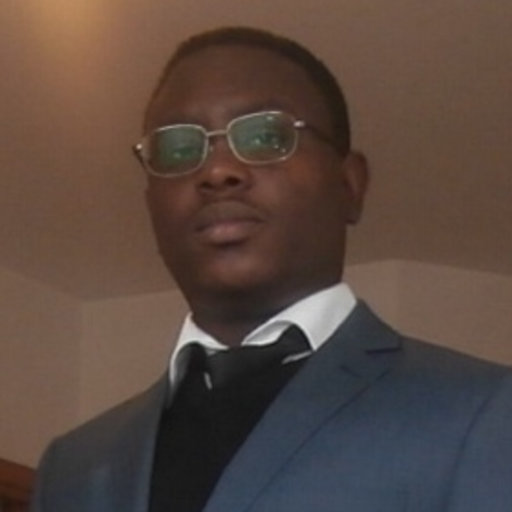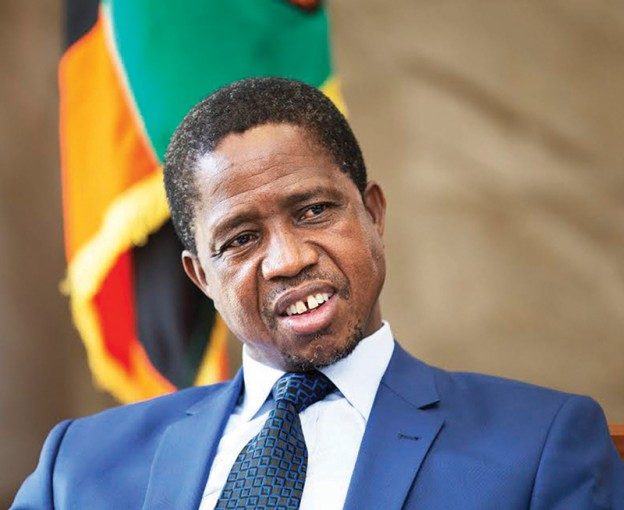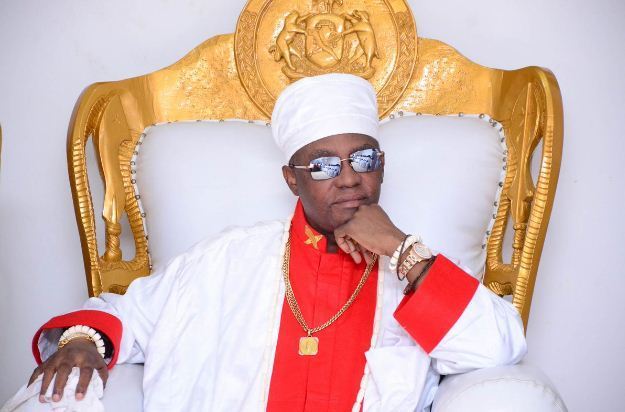Africa Attracts $7.6b Development Fund Commitments from Donors
Efforts to leapfrog development across the African continent received a boost with a pledge commitment of $7.6 billion from Africa’s development partners and shareholders of the African Development Fund (ADF). This replenishment which is a 32% boost from last replenishment aimed at supporting mostly Africa’s low-income, fragile and most vulnerable countries by tackling the root causes of fragility, strengthening resilience, and mainstreaming cross-cutting issues. These include gender, climate change, governance, private sector development, and decent job creation.

The ADF which comprises 32 contributing states and benefits 37 countries – including those experiencing higher growth rates, headed towards new emerging markets, and fragile states needing special support for basic service delivery. The Fund’s resources are replenished every three years. Speaking on the importance of the development, the President of African Development Bank Dr. Akinwumi Adesina said that this has exceeded the target set for this replenishment, pointing out that it was a great and successful replenishment story that is.
Read also:Nigeria ‘s Immigration Service To Issue Visa On Arrival To All African Nationals From January, 2020
Over the past 45 years, the ADF has played an important role in the development journey of African low-income countries. In just nine years, the ADF has made a difference and positively impacted the lives of millions by improving access to electricity for 10.9 million people; providing agriculture infrastructure and inputs for 90 million people—including 43 million women; improving access to markets and connections between countries to 66.6 million people; contributing to the continent’s regional integration agenda by rehabilitating more than 2,300 km of cross-border roads; improving access to water and sanitation for 35.8 million people.
Read also:Onomo Group acquires BON Hotels, Creating One of Africa’s Biggest Pan-African Hospitality Firm
This funding will cover the period 2020-2022 and will build on successes of the fourteenth replenishment by being more selective and focused. It will focus on two Strategic Pillars: quality and sustainable infrastructure aimed at strengthening regional integration; and human governance and institutional capacity development for increased decent job creation and inclusive growth.
Read also:Facebook Highlights Key Achievements in sub Saharan Africa in 2019
In pursuing these strategic priorities, the Fund will pay special attention to gender equality, climate change, private sector, and good governance promotion.
According to Patrick Dlamini CEO of the Development Bank of Southern Africa, DBSA, who spoke on behalf of South Africa’s Finance minister Tito Mboweni, the deliberations and outcome, demonstrated the confidence member countries place in the African Development Bank Group as “the cornerstone institution underpinning African development.” He added that “There is no better vehicle than the ADF, and that going forward, an ambitious programme of development lies ahead.”
Read also:Skills Mismatch is Key Challenge to Youth Unemployment in Africa
This replenishment will address root causes of vulnerability by systematically applying a fragility lens in all its operations. This will be specifically targeted at regions such as the Sahel, which will see a 65% increase in resources from the ADF over the next three-year period. Observers say this is a welcome development as it is coming at a time of tremendous opportunities and challenges for ADF countries and the world.
During the next three years, the Fund will scale up its interventions with bold and profoundly transformative projects such as Desert to Power stretching across the Sahel region. This flagship programme, aims at transforming the Sahel into the world’s largest solar production zone with up to 10,000 MW of solar generation capacity and 250 million people connected to electricity.
As part of the initiative, the Yeleen Rural Electrification Project in Burkina Faso is set to provide access to electricity to 150,000 households, while the Djermaya Project in Chad will generate 10% of Chad’s power capacity.
Kelechi Deca

Kelechi Deca has over two decades of media experience, he has traveled to over 77 countries reporting on multilateral development institutions, international business, trade, travels, culture, and diplomacy. He is also a petrol head with in-depth knowledge of automobiles and the auto industry






















